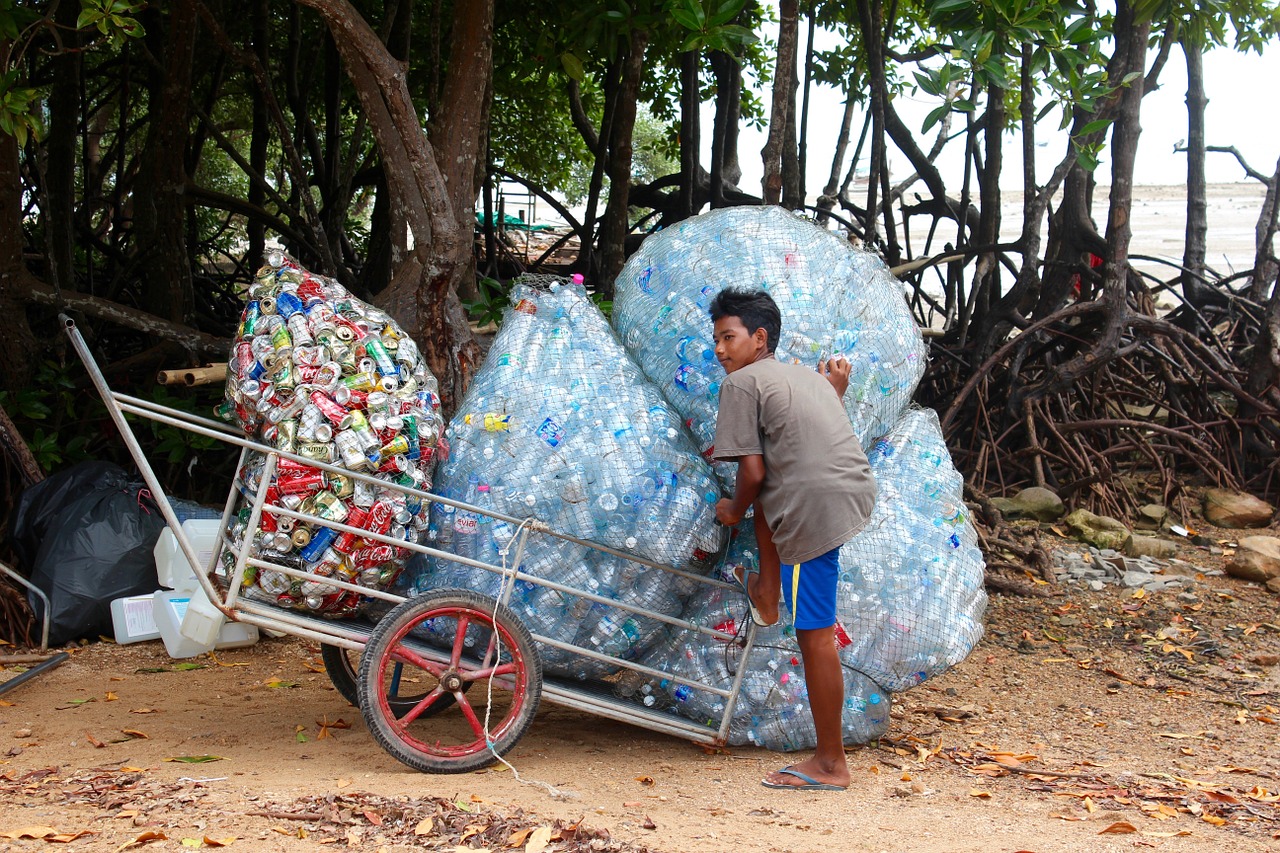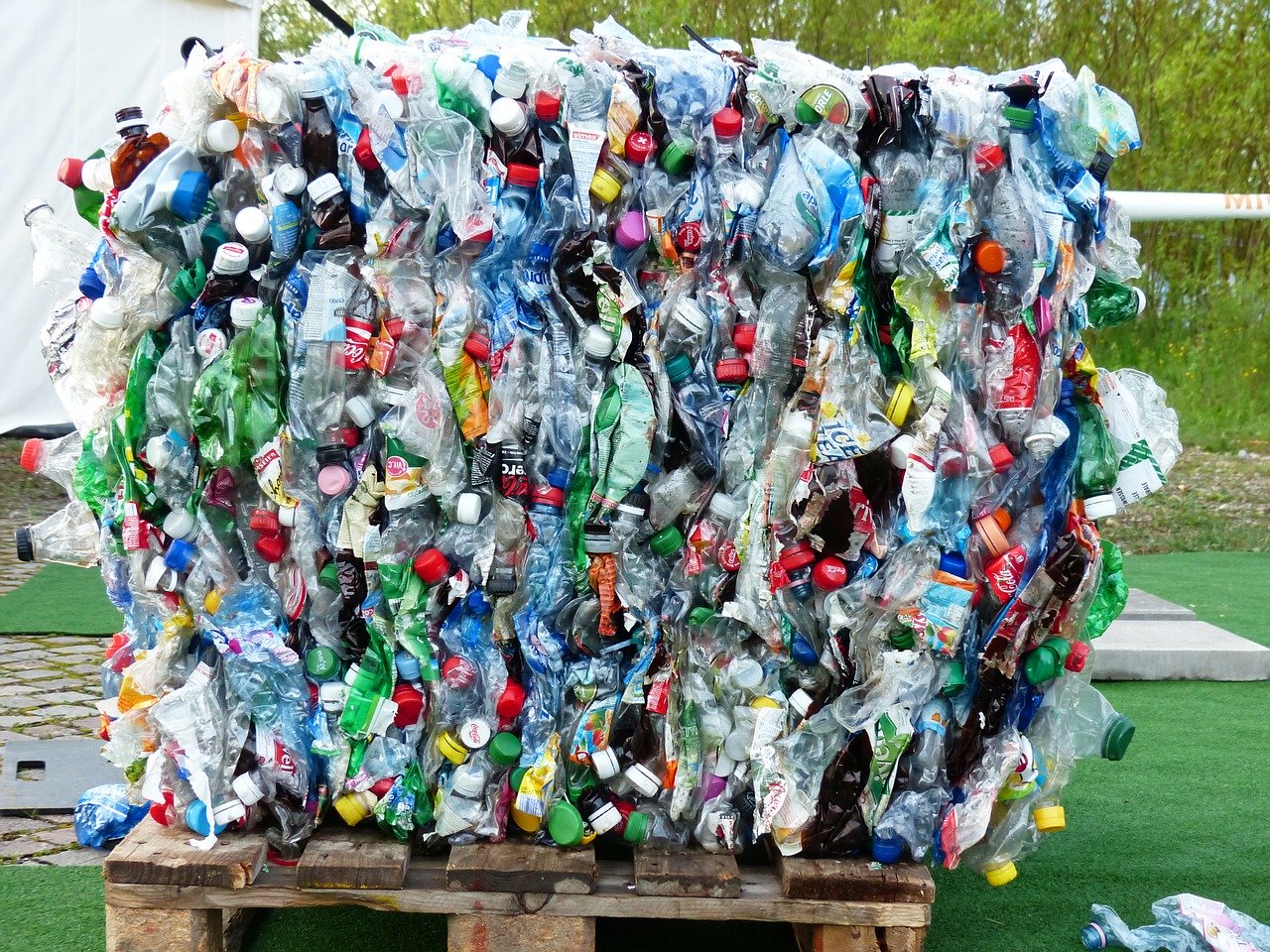
- Sustainable Planet -
- 3mins -
- 76 views
Queen’s speech outlines UK plans to halt plastic waste exports to developing countries
A ban on the export of plastic waste, charges on single-use plastic and the introduction of a deposit return scheme were among environmental policies unveiled in this year’s Queen’s speech.
UK to “build on the success of the carrier bag charge”
“[A Bill] will also ban the export of polluting plastic waste to countries outside the Organisation for Economic Co-operation and Development and establish a new, world-leading independent regulator in statute,” said the Queen during her annual speech to the nation.
The initiatives came as no real surprise as they were first unveiled in the Conservative Party’s manifesto during the General Election, which the Conservatives won with a majority of 80. The Environment Bill will be put before parliament. The government intends to introduce charges for “specified single use plastic items” and said that it intends to “build on the success of the carrier bag charge”. It also wants to “incentivise consumers to choose more sustainable alternatives”.

UK to establish a £500m “Blue Planet fund” to protect oceans
The Bill’s purpose will also be to extend producer responsibility. The government claimed that this would “ensure a consistent approach to recycling” and “introduce deposit return schemes”. The government has also revealed it will establish a £500m “Blue Planet fund” to protect oceans from plastic pollution, warming sea temperatures and overfishing.
Most of the bill’s provisions will apply to England with a “small number” extending to Northern Ireland only. The government added that over half of the Bill’s provisions would extend and apply to Wales, Scotland and Northern Ireland.
The Environment bill in the Queen’s speech has been broadly welcomed by leading companies in the recycling sector. SUEZ recycling and recovery UK urged the government to ‘maintain the momentum’ behind the Environment Bill to bring about the systemic change needed that will ultimately see businesses radically alter their entire approach to waste, ‘designing in recovery and re-use of the materials used in their products’.
To read the Queen’s speech in full, with introduction by Prime Minister Boris Johnson, click here. To watch the Queen’s speech, click here.
Source: PackagingNews

Local Government Association responds to exported waste announcement
Responding to the announcement in the Queen’s Speech that the exporting of polluting plastic waste will be banned to countries outside the Organisation for Economic Co-operation and Development, Cllr David Renard, Environment spokesman for the Local Government Association (LGA), said:
“We are keen to work with government and the waste industry to consider the impact of this ban, which will lead to new costs for councils as it will restrict where they can send recyclable material.
“The problem of exported waste being returned to its country of origin would not exist if producers stopped using poor quality materials which are becoming increasingly difficult for councils to process.
“A review of available infrastructure will be needed to address capacity issues to meet the expected rise in recyclable material that will have to be processed in the UK and whether it can be dealt with in an affordable manner.
“As this ban applies to all plastic, any material not covered by the producer responsibility scheme is not funded by the creators of that waste. Council tax payers have to foot the bill, which we are willing to work with government to address. In the longer term, we need action at a national level to expand the UK market for recycling.
“The ban by China and other countries on imported paper and plastic waste has led to some councils’ recycling costs increasing significantly over the past year, which risks limiting councils’ ability to recycle. Councils need support to help them offset the loss of income they face due to the ban.”
Source: lga.gov.uk

